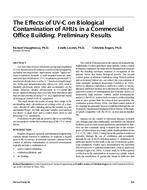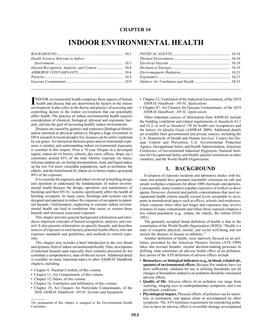HVAC systems typically consume the largest protion of energy in buildings, particluatry in the commercial sector. It is reported that commercial buildings account for almost 20% of the US national energy consumption or 12% of the national contribution to annual global greenhouse gas emissions. From 15% to 30% of the energy waste in commercial buildings is due to performance degradation, improper control strategies and malfunction of HVAC systems and equipment. This paper proposed a new fault detection and diagnosis (FDD) approach by applying a statistical machine learning based FDD method with data fusion methods. The approach also includes clustering methods and an optimization technique to avoid the modeling process converging to local minimum. A number of hidden markov models (HMMs) are trained to model different catalogues of faults, and a clustering algorithm is applied to enhance the FDD accuracy. This approach has been successfully trialed on one commercial building with multiple AHUs. It can not only identify system faults that were modeled within the training process, but also can be applied for diagnosis. Preliminary experimental results are demonstrating effective performance.
Citation: ASHRAE Conference Papers, Dallas, TX.
Product Details
- Published:
- 2013
- File Size:
- 1 file , 970 KB
- Product Code(s):
- D-DA-13-C018


